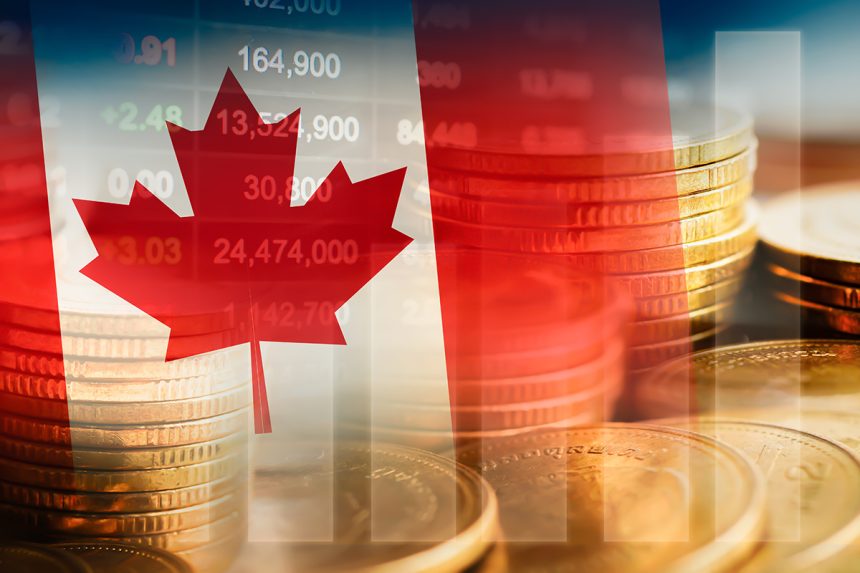With Prime Minister Justin Trudeau’s leadership nearing its end, Canada’s next leader will inherit an economy facing both domestic pressures and escalating tensions with its largest trading partner, the United States. The combination of economic stagnation, a housing crisis, and looming U.S. tariffs under President Donald Trump’s administration sets the stage for a turbulent transition.
Economic Pressures and U.S. Trade Threats
The return of Trump to the White House has raised concerns over potential trade disruptions, particularly the threat of a 25% tariff on Canadian and Mexican exports. This move, which could take effect as early as February 1, would have significant consequences for Canada, given that 80% of its exports go to the U.S. and that trade with its southern neighbor accounts for approximately 20% of its GDP.
The imposition of tariffs could push Canada’s economy toward recession. While some experts suggest Trump’s aggressive stance may be a strategic negotiation tactic ahead of the upcoming review of the United States-Mexico-Canada Agreement (USMCA), the uncertainty alone poses a risk to economic stability.
Canada, however, holds some leverage in trade discussions. The country supplies roughly 20% of the crude oil consumed in the U.S., a factor that could influence negotiations. Additionally, Ottawa has options to address Trump’s concerns regarding trade deficits, border security, and NATO spending. Increased defense purchases from the U.S. could serve as a bargaining chip to ease trade tensions while simultaneously helping Canada meet NATO spending targets.
Canadian officials have already signaled their readiness to respond to any U.S. tariffs. The government is prepared for multiple rounds of trade countermeasures, while also warning that escalating tensions could have negative consequences for both economies. Analysts caution that a trade war between the two nations would not only harm Canada but also slow U.S. growth, increase inflation, and drive up unemployment and fuel prices.
Domestic Challenges Adding to Political Uncertainty
Beyond external threats, Canada’s next leader will also need to address growing discontent over economic and social issues at home. Housing affordability remains a pressing concern, with public frustration mounting over the cost of living and the strain on services like healthcare and child care.
The federal carbon tax, which has increased four-fold since its introduction in 2019 and is set to rise further by 2030, has become a central issue in the political debate. The opposition Conservative Party, led by Pierre Poilievre, has made repealing the tax a key campaign promise. While eliminating the tax would reduce fuel prices, it would also end rebate programs designed to offset rising energy costs for households.
Immigration policy has also become a contentious issue. Canada’s population grew by 3.2% between 2023 and 2024, the highest annual increase since the 1950s. Many Canadians believe this surge has contributed to housing shortages and pressure on public services. In response, Trudeau’s government announced a sharp cut in migrant intake, a move that disrupted business and economic planning. Public sentiment on immigration has shifted significantly, with a growing number of Canadians questioning the country’s approach to managing new arrivals.
A Political and Economic Crossroads
Canada’s next leader will not only have to navigate international trade negotiations but also address long-standing structural economic problems, including low productivity and weak business investment. Rising inequality and economic insecurity have fueled public dissatisfaction, creating a challenging political landscape.
With national elections possibly taking place as early as May, the political environment remains volatile. Poilievre has successfully tapped into public frustration with Trudeau’s leadership, while Trump’s return to power adds further unpredictability. As economic pressures mount both at home and abroad, the next government will face a difficult path forward in securing stability and growth.





